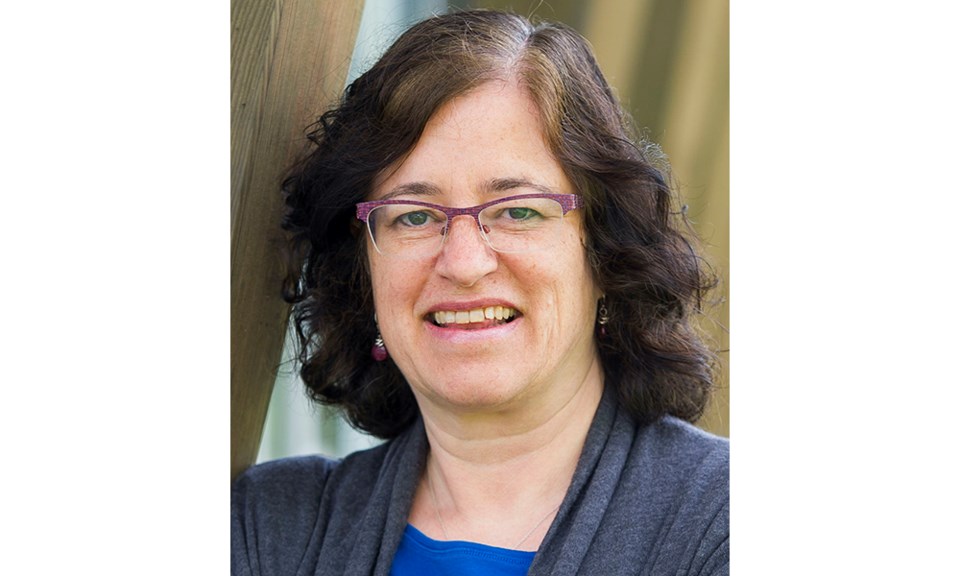There’s a civic election coming up on October 15, to elect mayors, city councillors and school trustees across the province, including in Richmond.
All three candidates for mayor in Richmond are men and as far as I can tell, Richmond has never had a woman serve as mayor. That’s a shame, but it won’t change this election, since all three candidates are men. Vancouver has never had a female mayor either, but a few women are included on the ballot this year.
On Richmond’s city council, there are nine members, including the mayor. Three of them are women. That fits with the average across Canada, where 29.6 per cent of elected politicians are women, the Organization for Economic Cooperation and Development reports. In Vancouver, eight of 11 council members are women, making that city a positive outlier for women in politics. Richmond’s school board also punches above its weight for female representation, with five of eight trustees being women.
In our B.C. parliament, 42.5 per cent of MLAs are women, and in our national parliament, 30.5 per cent of MPs are women, right in line with what the OECD reports. But we’re below the global average of 32.5 per cent, and of course, far below the natural proportion, which would be close to 50 per cent.
Canada ranks 60th in the world for gender parity, says a new campaign called Balance of Power, a project of Informed Opinions, a non-profit organization that amplifies the voices of women.
“Canada is losing ground when it comes to parity in politics and this is cause for concern because the lack of female representation prevents us from achieving policies and budgets that reflect the needs of all Canadians,” Shari Graydon, head of Informed Opinions, said in a news release. Twenty years ago, Canada was in 27th place, she said.
“The status of women in a country is among the most predictive indicators of economic growth and societies benefit when women’s realities, concerns, insights and solutions help shape public priorities,” Graydon said.
Many Canadians would like to see political parties or the government ensure equal representation, an Abacus Data survey of 2,000 Canadians found. Most of those surveyed said equal representation would be good for communities and the economy.
I’ve been thinking about that a lot during the mourning for Queen Elizabeth across the world. First, I noticed that the United Kingdom has now had three female Prime Ministers. In Canada, we’ve had one, Kim Campbell, who led our country for just five months in 1993. She became PM when Brian Mulroney resigned but was ousted when an election was held a few months later. The United States has had zero female presidents, with Kamala Harris marking the first female vice-president. We are behind, folks, and should strive to catch up.
Then I started thinking about the three notable and impressive queens that England has had in its modern history: Elizabeth I, Victoria and Elizabeth II. It simply cannot be a coincidence that there have been three very impressive queens that ruled the country for long, stable and relatively prosperous periods. When people think of a historic king, they often name King Henry VIII, who is remembered for his divorce, his six wives and his overindulgence. Of course, there have been all sorts of kings and queens, ranging from wonderful to evil, but the queens’ reigns are still striking for their success. Modern parliaments and electors should take note.
This is not to say that female leaders are superior to male leaders, but it is to say that having women in more leadership roles will change the world and likely for the better. There will always be strong leaders and weak leaders, representing any gender. But the more parliaments and councils reflect our society in all of its diversity, the stronger they will be.
When you’re considering who to vote for in the upcoming civic elections, make sure the women get a fair shake. Our world will thank you for it.
Tracy Sherlock is a freelance journalist who writes about education and social issues. Read her blog or email her [email protected].



